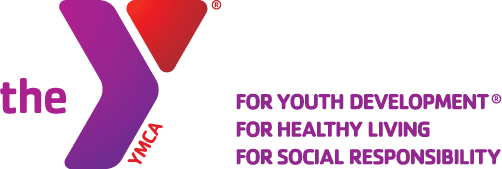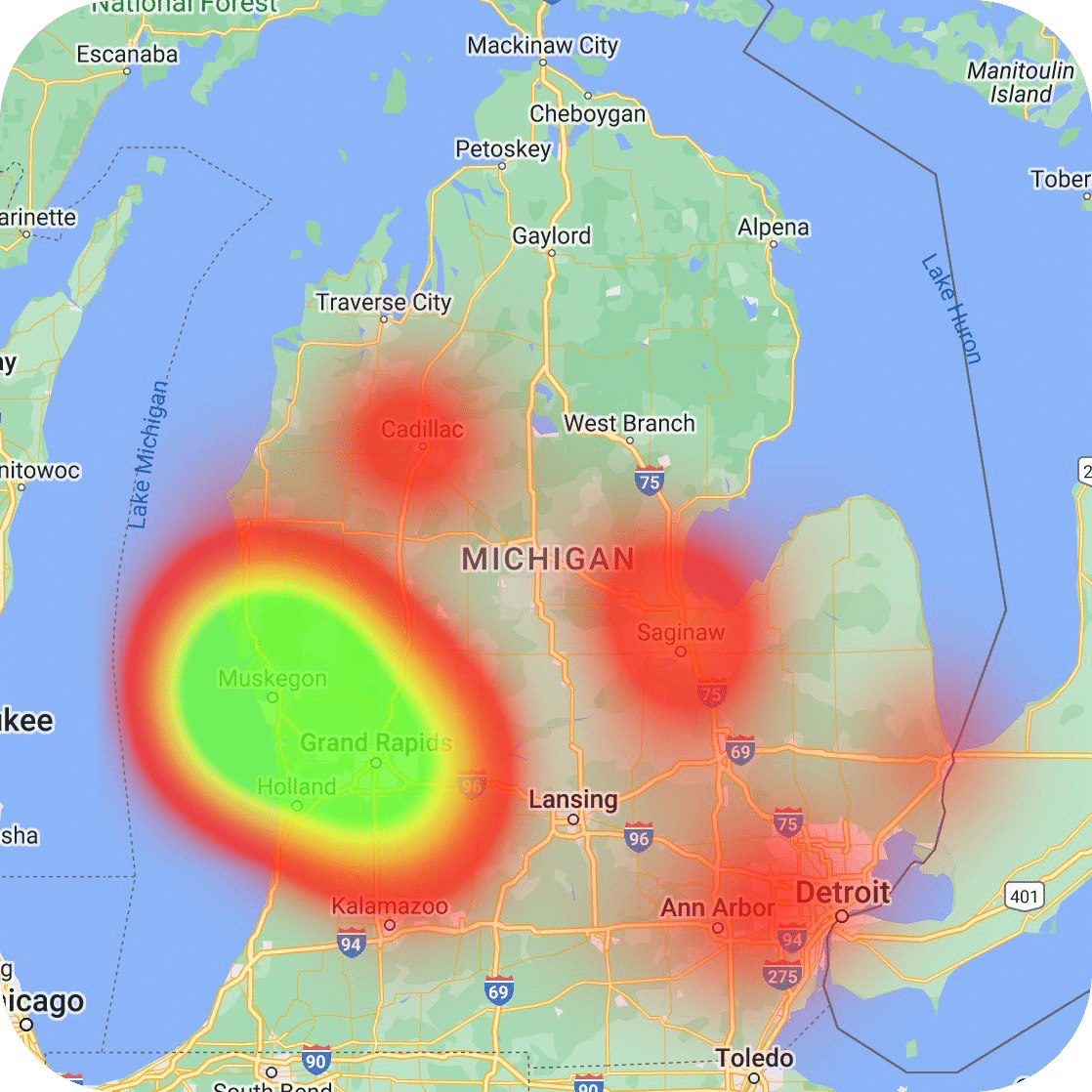Everyone needs a push, a pat on the back, or a helping hand sometimes. As a participant in the YMCA’s Diabetes Prevention Program, you will attend 26 sessions over the course of a year surrounded by a group of supportive people with common goals who care about your well-being.
The program has two fundamental goals: To lose 7% of your body weight, and to gradually increase your physical activity to 150 minutes per week.
This program is broken down into 16 core sessions, where participants will meet weekly, followed by 4 bi-weekly sessions. Then participants will meet 1 time per month for the last 6 months for maintenance sessions. In each session a trained Lifestyle Coach facilitates a small group of participants in learning about healthier eating, physical activity, and other behavior changes.
90% of people with prediabetes do not know they have it and are at risk for developing diabetes.
Want to know if you’re at risk for developing Diabetes? Take our assessment.

